Content
- What is L-theanine?
- What are the benefits and functions of L-theanine?
- How safe is L-theanine?
- Both L-theanine and GABA have the effect of helping sleep, which is better?
- What are the applications of L-theaninein the food industry?
- What are the medical applications of tea L-theanine?
- What is L-theanine?
Tea is rich in L-Theanine, which is a unique free amino acid in tea and a unique non-protein amino acid in tea. L-theanine is glutamic acid γ-ethylamide, which has a sweet taste. It was first discovered in the composition of green tea in 1949. Because of its unique flavor, L-theanine was first regarded as a “umami, sweet and sweet” condiment.
The content of L-theanine varies with the variety and location of the tea. L-theanine accounts for 1%-2% by weight in dry tea. L-theanine is similar in chemical structure to glutamine and glutamic acid, which are active substances in the brain, and is the main ingredient in tea. The content of L-theanine is about 1-2% of that of new tea, and its content decreases with the fermentation process.
The chemical structural formula of L-theanine is very similar to the neurotransmitters glutamic acid and gamma-aminobutyric acid (GABA for short). Due to its structural similarity to L-glutamic acid (an excitatory neurotransmitter), L- Theanine can partially inhibit the binding of glutamate to glutamate receptors (NMDAR) in the brain, thereby affecting the excitation of neurons in the cerebral cortex.
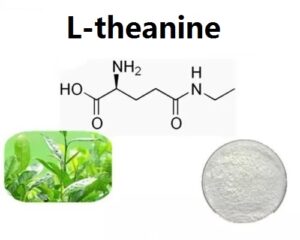
In recent years, many experimental research results have shown that L-theanine shows important pharmacological activities in the prevention and treatment of brain diseases, and it has the effects of anti-anxiety and sleep aid, and is also used as a health food.
Animal and human studies have shown that L-theanine may reduce subjective stress responses, improve cognition, optimize sleep, and may have protective effects against chronic disease, cardiovascular disease, obesity, and common cold. Various green tea components, including L-theanine, caffeine, and catechins, may help prevent metabolic syndrome and obesity. L-theanine may reduce oxidative damage caused by reactive oxygen species (ie, “free radicals”), increase glutathione concentrations in the liver, and enhance the ability of liver enzymes such as superoxide dismutase to remove toxins from the blood . The findings suggest that L-theanine may have anti-aging properties. Catechins from green tea may have beneficial antimicrobial and antiviral activity. In the gastrointestinal tract, green tea has been shown to potentially activate intracellular antioxidants and suppress the formation of pro-carcinogens.
- What are the benefits and functions of L-theanine?
- Inhibit the stimulant effects of caffeine
It is well known that the caffeine contained in tea and coffee has the effect of causing nervous excitement and refreshing. The L-theanine in tea is thought to relieve the stimulative effect of caffeine, and it has been confirmed that the beta wave (that is, the brain wave that occurs in the excited state) that occurs when drinking caffeine will be inhibited by L-theanine .
- Work that relaxes the body
Alpha wave is a kind of brain wave that appears when people relax, and the intake of L-theanine can be measured to cause the alpha wave to appear and increase, thus indicating that L-theanine has a relaxing effect.
- Anti-stress effect
L-theanine can not only deal with stress, but also effectively inhibit aging.
- Improve sleep quality
L-theanine has a certain effect on difficulty falling asleep and waking up in the middle of the night. L-theanine not only prolongs sleep time, but also shows the potential to improve sleep quality.
- The effect of improving learning ability and concentration
The combination of L-theanine and caffeine can improve memory function and memory accuracy, and can reduce the inattention caused by distraction when it comes to memory issues. Therefore, it is believed that the combination of L-theanine and caffeine has an efficiency-enhancing effect for heavy duty.
- Reduce PMS symptoms
An existing study of women in their 20s to 40s who reported having symptoms of PMS was given 200 mg of L-theanine daily for two weeks, from the day of ovulation to the end of the day of menstrual cramps. The results showed that these women of PMS symptoms improved.
- Improve menopausal disorders
Menopause disorder refers to the following symptoms in women due to the disrupted hormonal balance, which usually occurs before and after menopause. Physical symptoms include stiff neck, excessive sweating, headache, etc., and psychological symptoms such as depression, anxiety, and forgetfulness. Taking L-theanine regularly can improve these symptoms.
- How safe is L-theanine?
Researchers have conducted some safety experiments on L-theanine. The results showed that the acute toxicity of L-theanine in rats was above 5g/kg. They did not observe any toxicity in the subacute toxicity experiments of rats taking 2g/kg of L-theanine daily for 28 consecutive days. In addition, no mutagenic effects of L-theanine were found in the sudden mutation experiments. At present, there are no restrictions on the intake of L-theanine with high safety in Japan.
- Both L-theanine and GABA have the effect of helping sleep, which is better?
GABA is a mood-related neurotransmitter, similar to the hormone serotonin (serotonin), and is thought to help maintain a good mood and aid in sleep. But the effect of eating GABA directly is not good, because the brain has a structure called “blood-brain barrier”. The blood-brain barrier can protect the brain and is not easily affected by foreign components. It will block most components from entering the central nervous system, and it also contains GABA.
The structure of L-theanine is similar to GABA, but L-theanine can cross the blood-brain barrier, and experiments have confirmed that “eating and injection” can increase the concentration in the brain. One experiment showed that consumption of L-theanine reached the brain within 1 hour, the concentration continued to rise for 5 hours, then began to gradually decrease, and returned to the original level after 24 hours.
- What are the applications of L-theanine in the food industry?
As a new food additive, L-theanine has excellent processing characteristics and stability, and can be widely used in snacks, candy and jelly, beverages, chewing gum and other foods.
- Improve the taste of beverages
L-theanine can relieve the bitterness of caffeine and the bitterness of tea polyphenols. Adding a certain amount of L-theanine in the production process of tea beverages can significantly improve the quality of tea beverages.
- Improve food flavor
L-theanine can improve the bitterness of coffee, cocoa, ginseng drinks, grapefruit drinks, beer, and reduce the astringency of wine, and L-theanine is relatively stable under normal food processing conditions (such as sterilization, pH and heating, etc.) , so it is widely used as the improver of the above food flavor.
- Additives for functional food
L-theanine has the effect of enhancing the strength of alpha waves in the brain, making people feel relaxed and improving memory, and has passed human trials. Therefore, functional foods for relieving nervous tension and improving intelligence can be developed.
- What are the medical applications of tea L-theanine?
- Anti-tumor applications
Tea theanine can not only increase the anticancer activity of anticancer drugs on primary cancer, but also inhibit the metastasis of cancer cells. Because L-theanine is a derivative of glutamine, tumor cells metabolize glutamine much more actively than normal cells. Therefore, L-theanine acts as a competitor of glutamine and inhibits the growth of cancer cells by interfering with the metabolism of glutamine.
- Application of blood pressure
The regulation of blood pressure is mainly achieved through the increase or decrease of catecholamines and serotonin in the central and peripheral nervous systems. After administration of murine L-theanine, it can reduce the content of serotonin, reduce the synthesis of serotonin in the brain and increase its decomposition in the brain.
- Applications in the nervous system
Through the use of serotonin (5-hydroxytryptamine) metabolism inhibitors, L-theanine has been found to have an effect on the synthesis and breakdown of serotonin in the brain. After taking L-theanine, the content of tryptophan in the brain increased significantly or tended to increase, but the content of serotonin decreased. L-theanine may decrease serotonin synthesis and increase its breakdown, or inhibit serotonin release. Explain that L-theanine has anti-fatigue effect.
Through the above detailed introduction, we hope that friends have a certain understanding of L-theanine. Hope this article helps you, too. Please also forward it to your friends or people who need it.
Xi’an Herb Bio can provide you with high quality L-theanine at a price you can afford. For more information, please click here for sample and quotation as well as more information meet your needs.

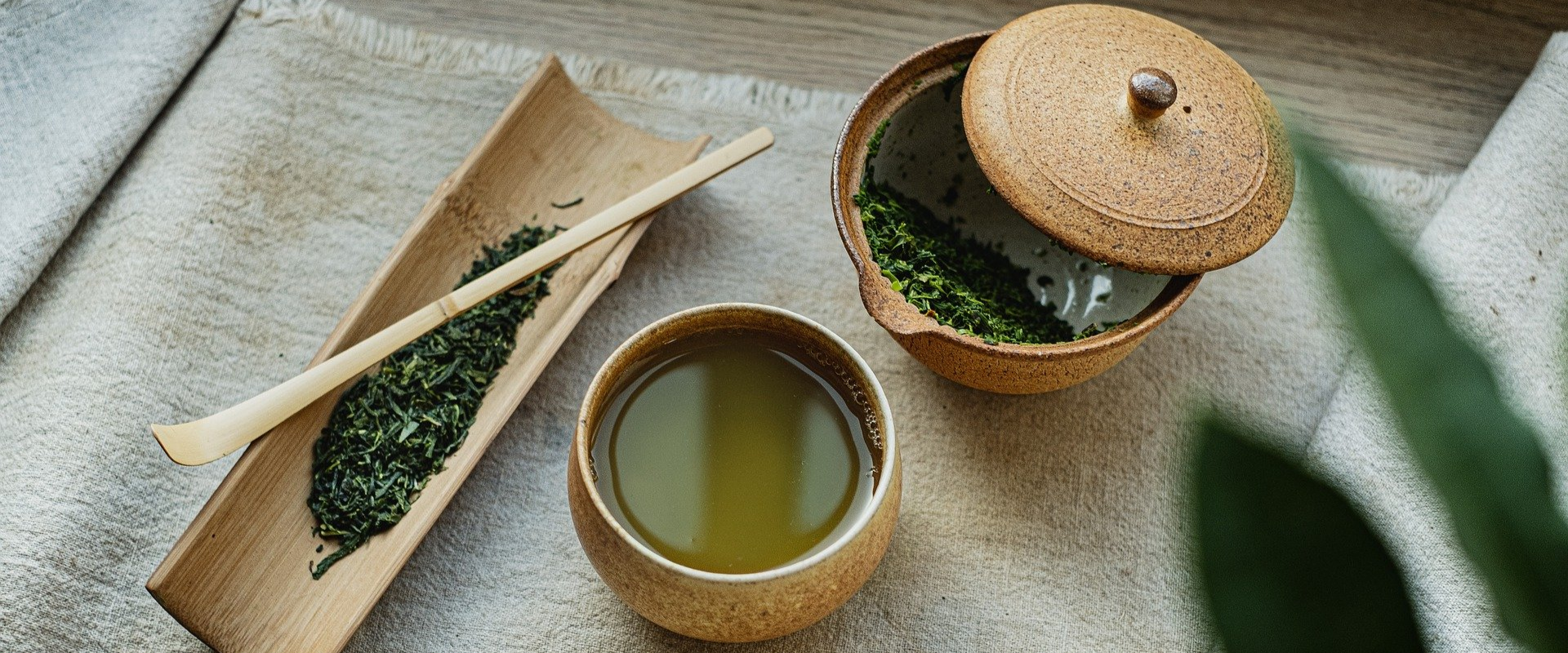
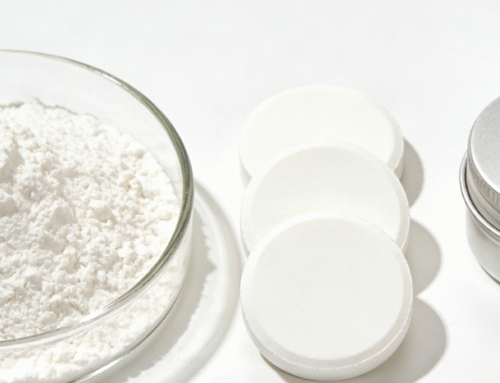
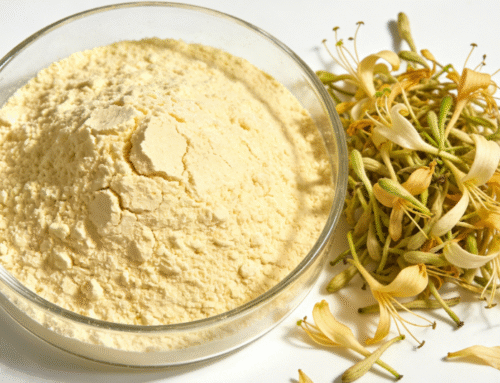
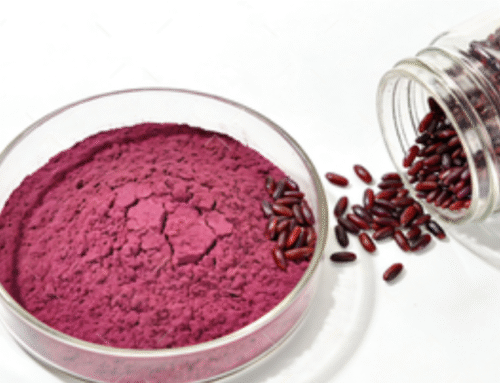
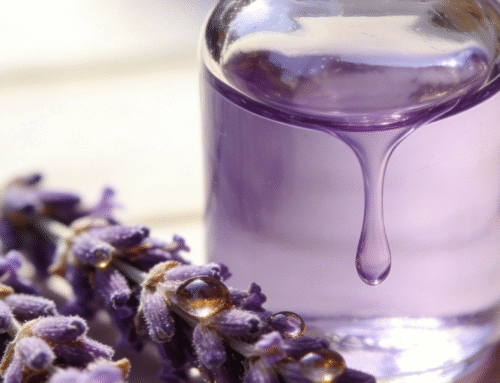
Leave A Comment